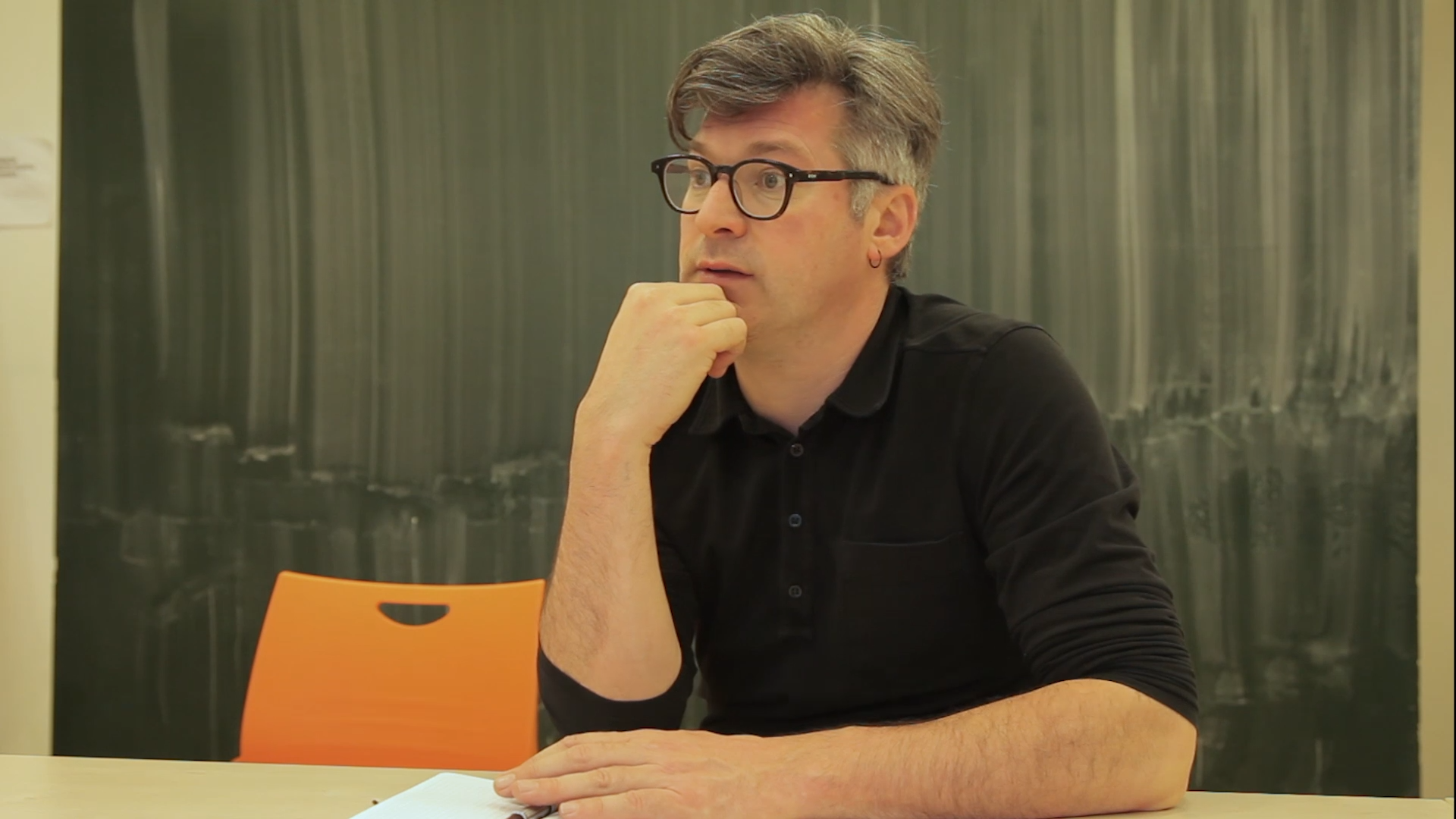
Commons

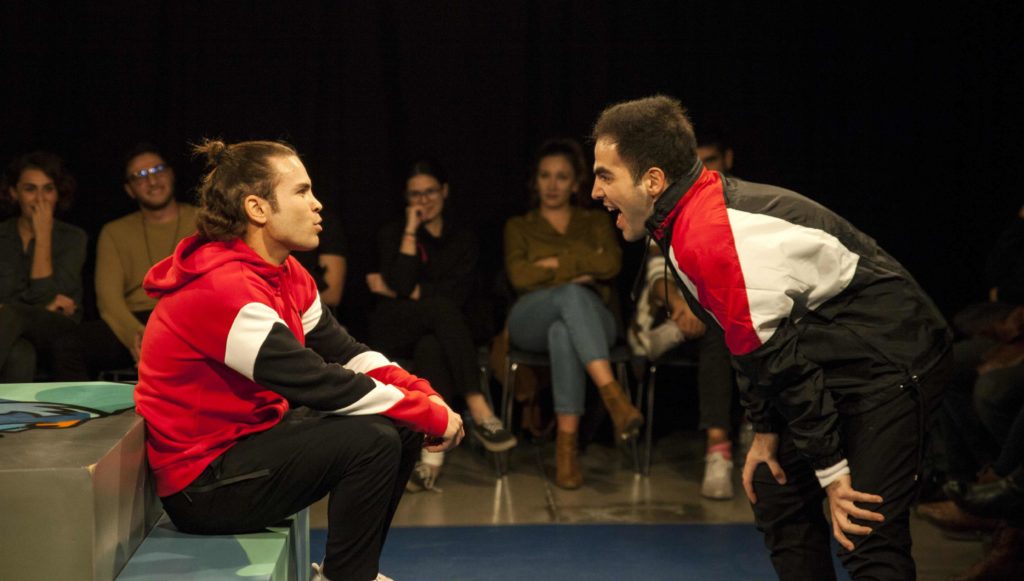
From Staging to Enacting Politics: The Case of Alternative Theatres in Istanbul
In her empirical study of alternative theatres in Istanbul, Zeynep Uğur focuses on artistic micro-practices that reshape public life. Alternative theatres are making the narratives of minorities visible, they reorganize the relationship to space by creating new ways of working and being in society, and they become autonomous spaces where people can socialize differently. In authoritarian political contexts, autonomous physical places become sites of resistance against the closure of public space and against the political system.
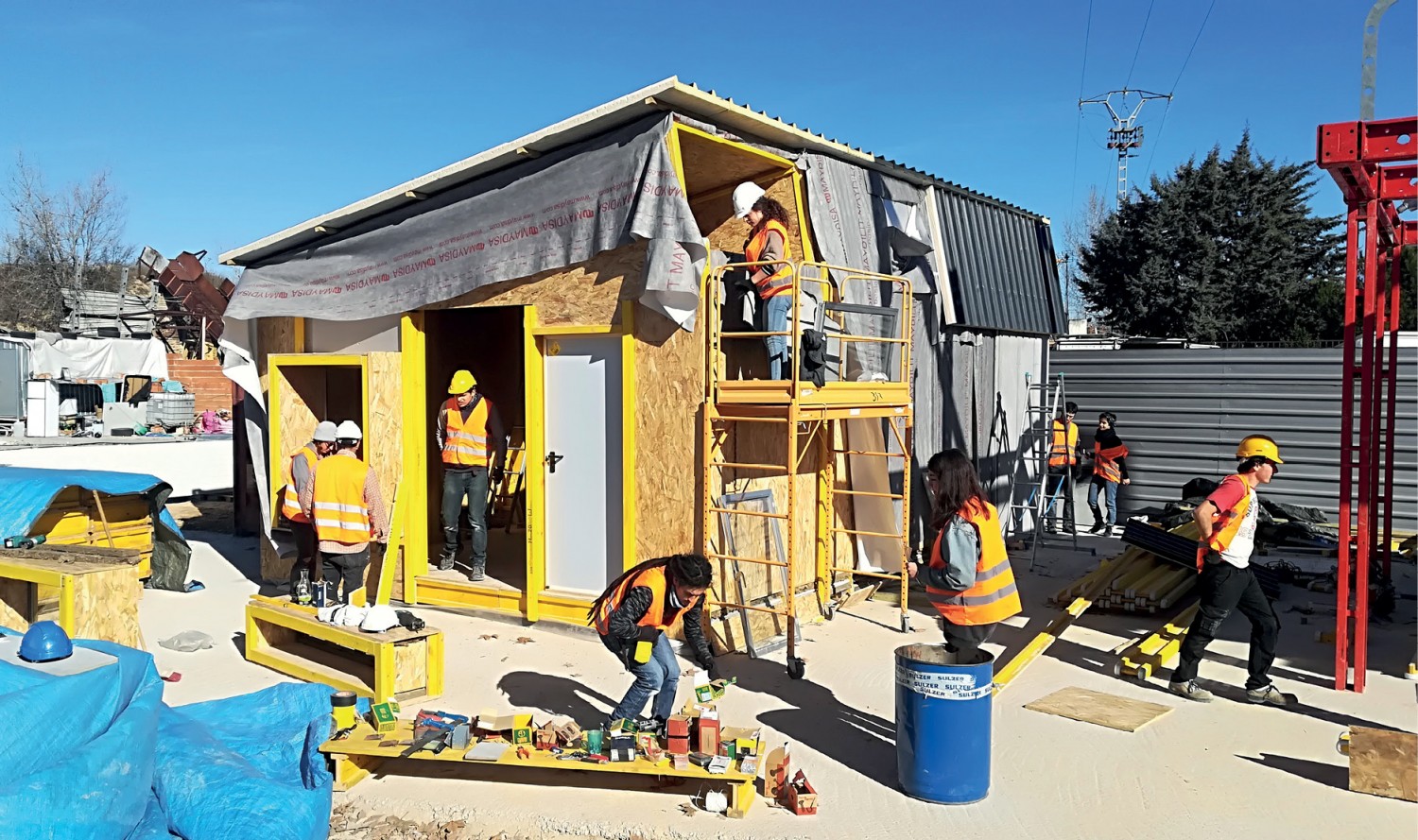
Reframing European Cultural Production: From Creative Industries towards Cultural Commons
Professor Pascal Gielen (Antwerp University) did research on the biotope around artistic careers, on the role of institutions, and how the transnational creative industries and the longing for a monotopic European identity put pressure on this biotope. Gielen formulates a number of suggestions on how a healthy artistic biotope may be maintained in the future, and how artists can offer us a more complex heterotopic understanding of Europe in a globalising world.
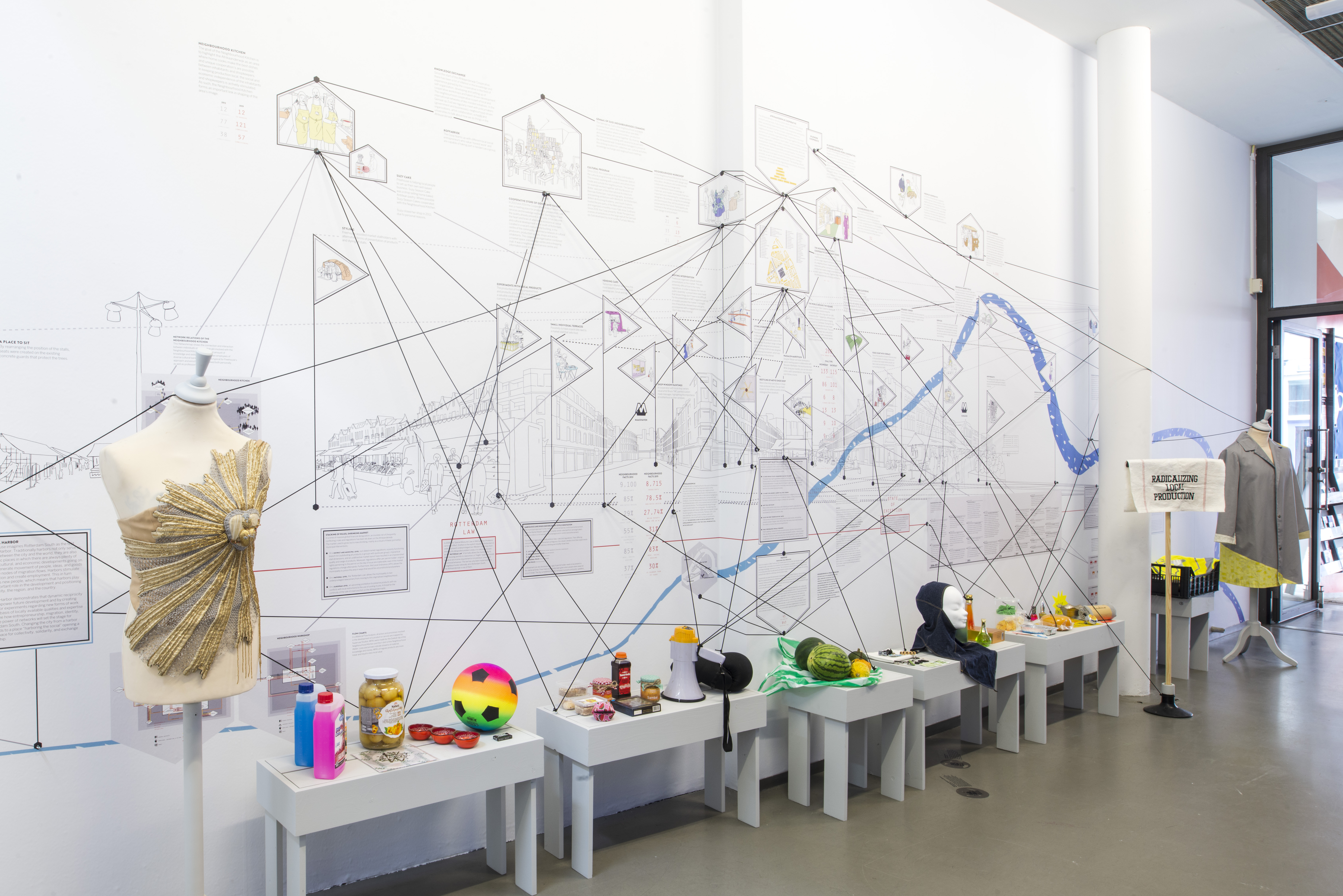
From Freehouse to Neighborhood Co-op: The Birth of a New Organizational Form
About twenty plus years of urban development and artistic research efforts initiated by artist Jeanne van Heeswijk in her native Rotterdam. The challenge of a neighbourhood culture that is organized through cooperative methods is to be exceedingly aware of how it changes and why. It must always be questioning what agendas are driving it forward and whether it is living up to its values.
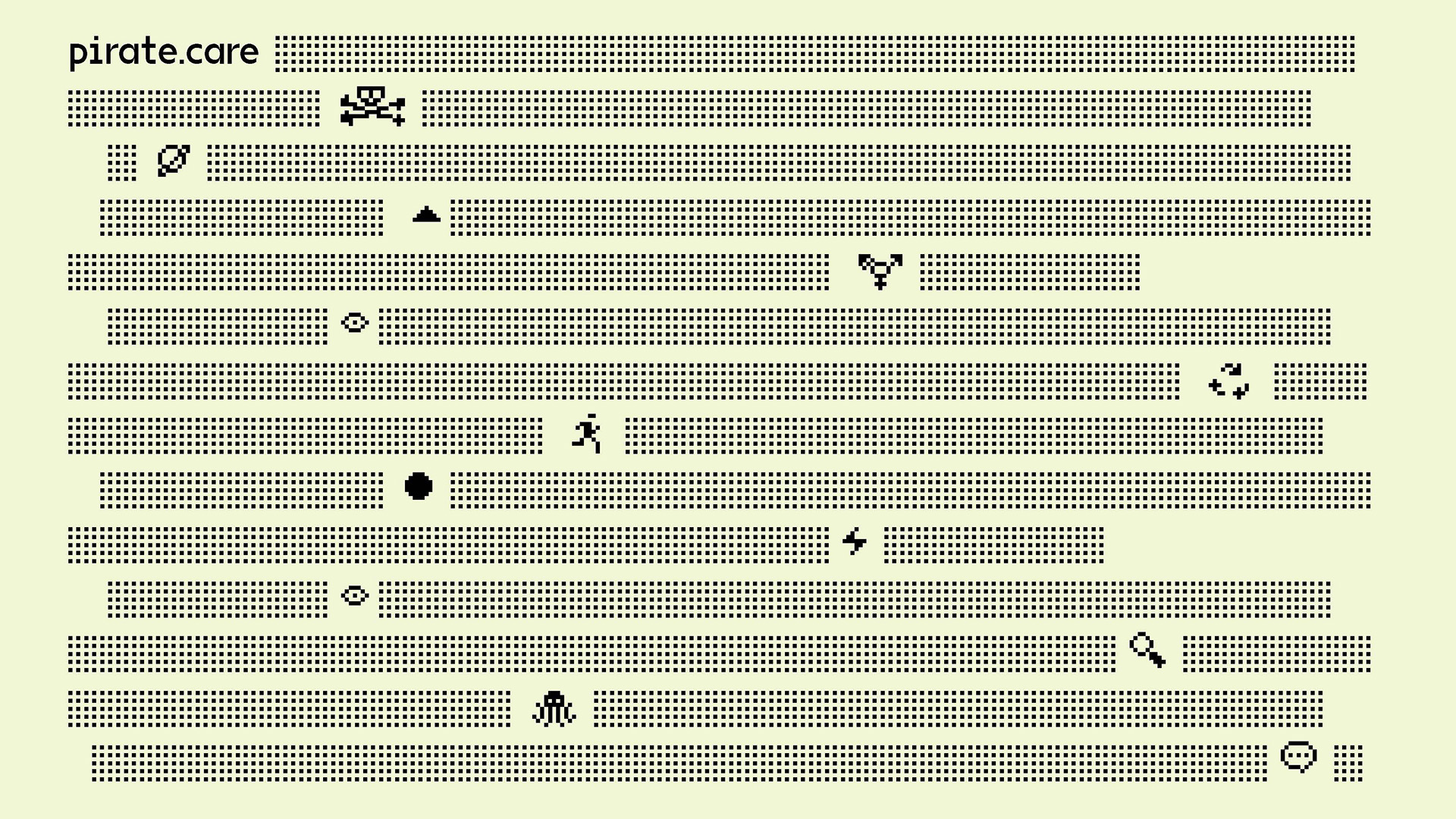
Politicising Piracy — Making an Unconditional Demand
Pirate Care is a transnational project connecting activists, scholars, and practitioners working on the collective practices of care that are emerging in response to the current ‘crisis of care’: welfare cuts, rollback of reproductive rights, austerity, and criminalisation of migration and solidarity. These initiatives are experimenting with forms of self-organisation, alternative approaches to social reproduction, and the commoning of tools. They share a willingness to openly disobey laws and executive orders, whenever these stand in the way of safety and solidarity, and politicise that disobedience to contest the status quo.
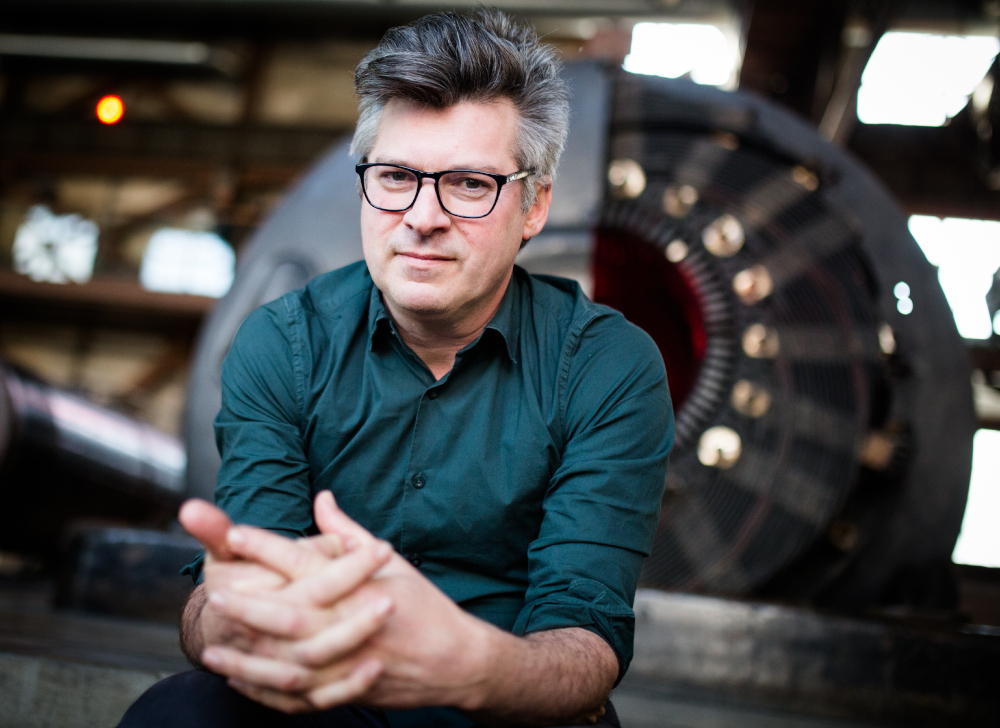
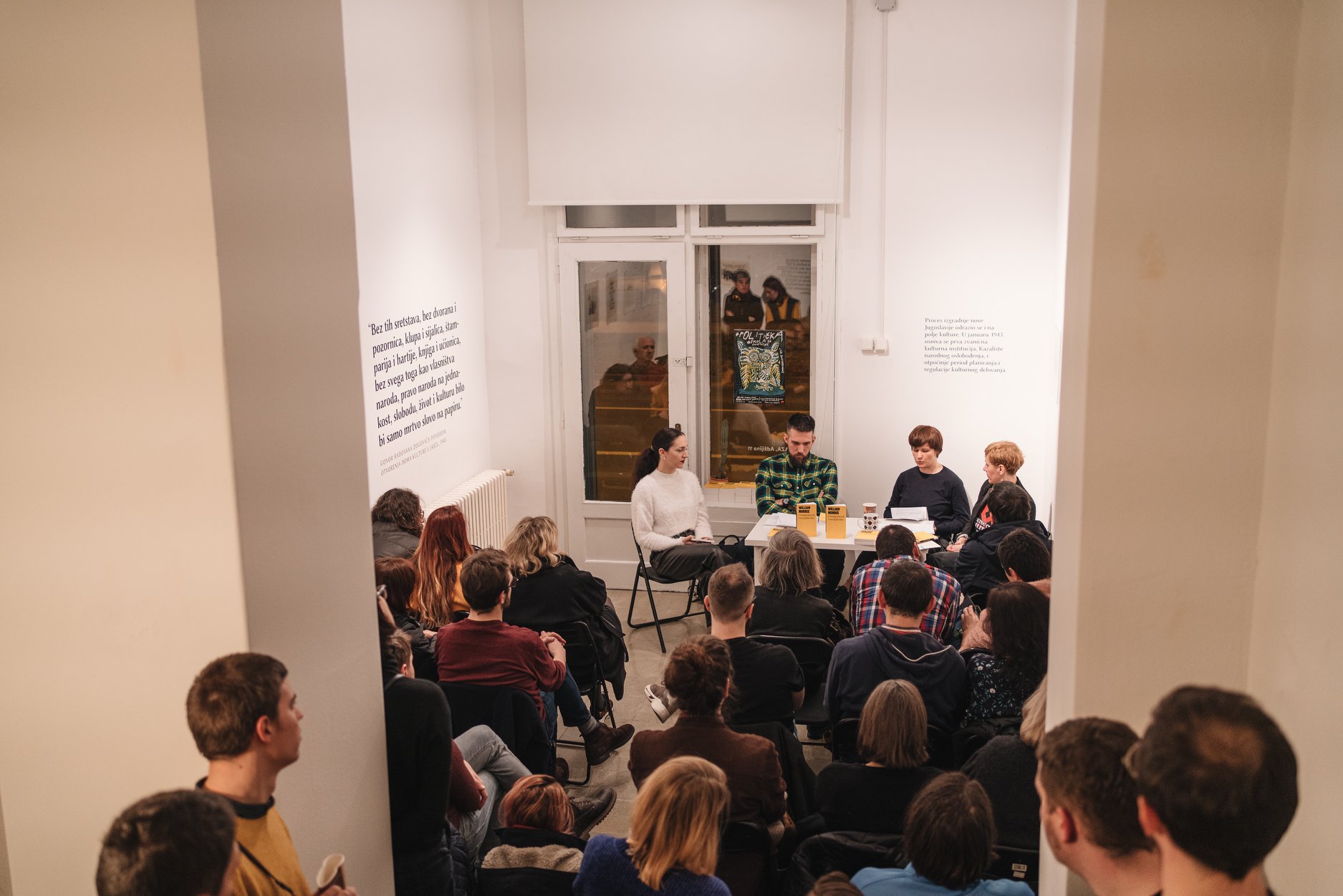
Cancelled // BLOK: Political School for Artists & Platform for Working Conditions in Culture
[BLOK] is a curatorial collective which operates at the intersection of art, urban research and political activism. Their projects are designed and realised as platforms for collective work of artists, curators, researchers, political activists and anyone interested in the politics of space, production of commons, democratisation of culture and reflection of artistic practices from the perspective of their social and production conditions.
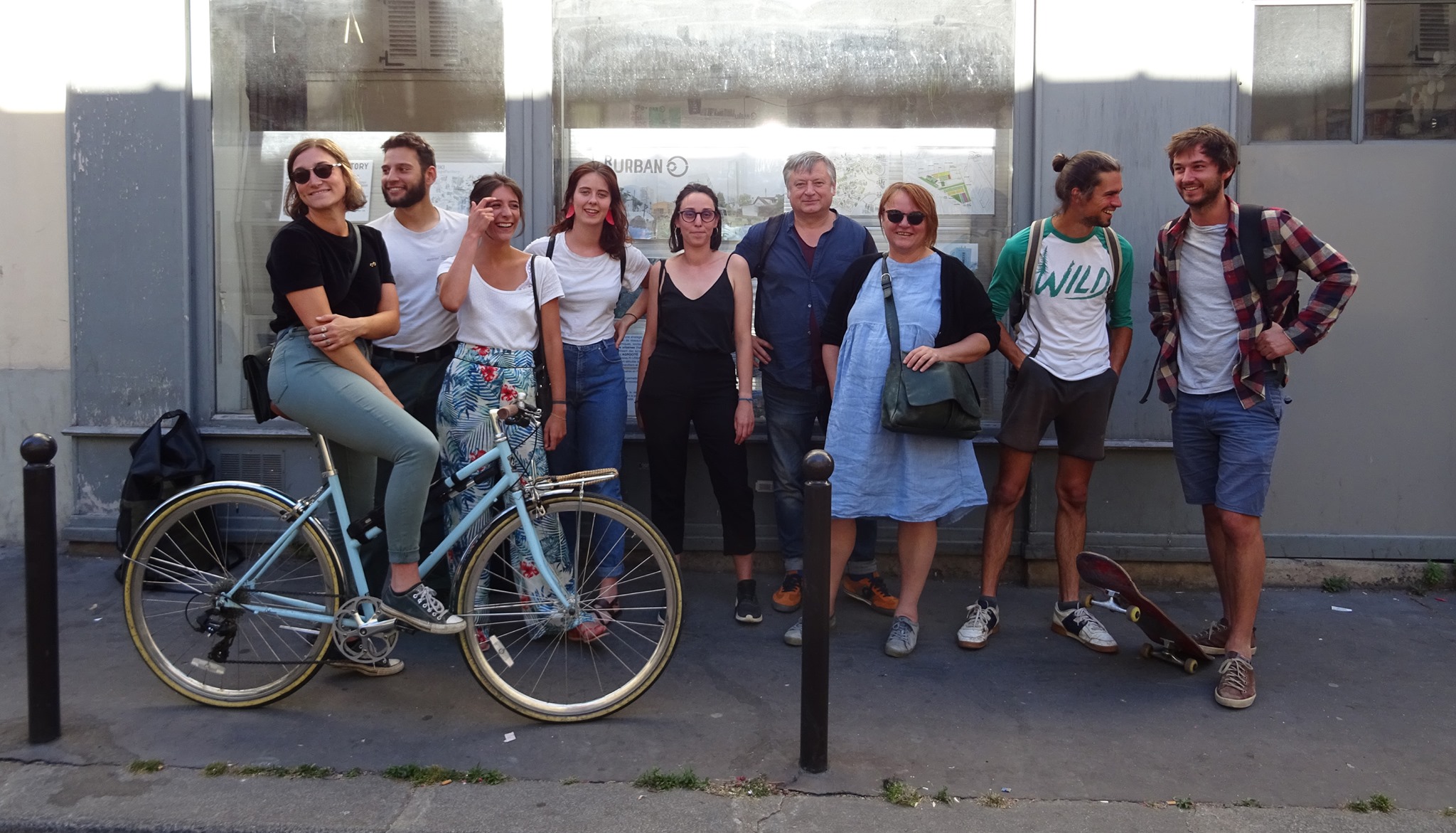
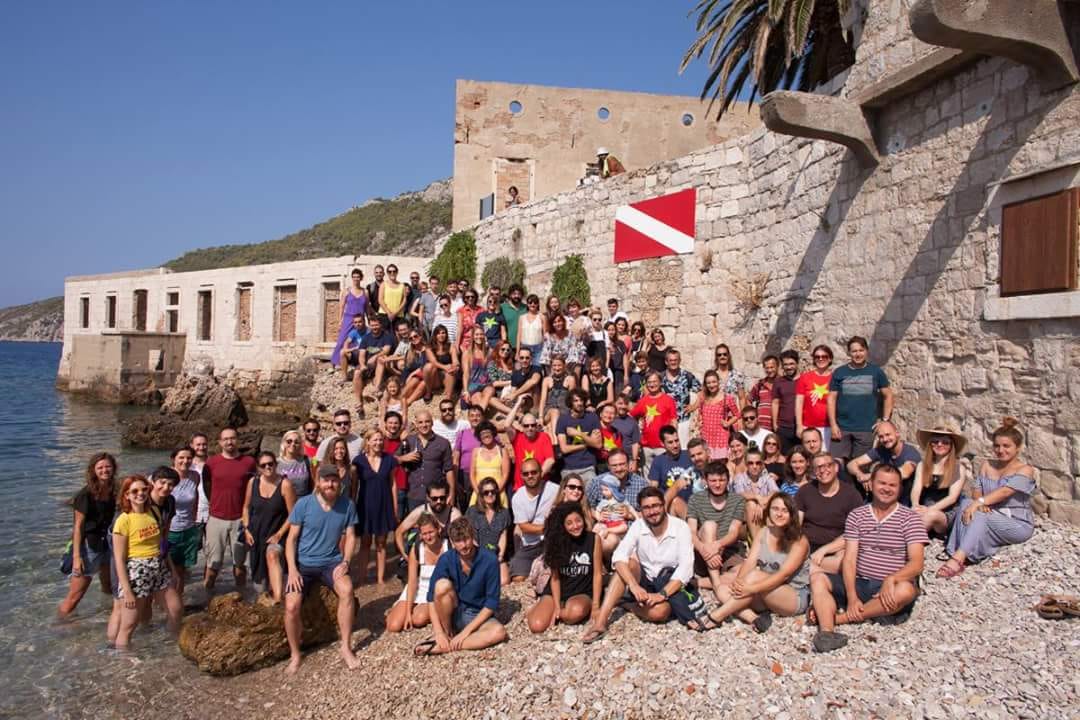
Cancelled // Institute for Political Ecology: Post-growth, Commons, Public Goods
IPE is research and education organisation that operates at nexus of academia, activism and politics. It focuses on political ecology, both in theory and practice discussing opportunities and limits of ecological transformation and its social impacts.